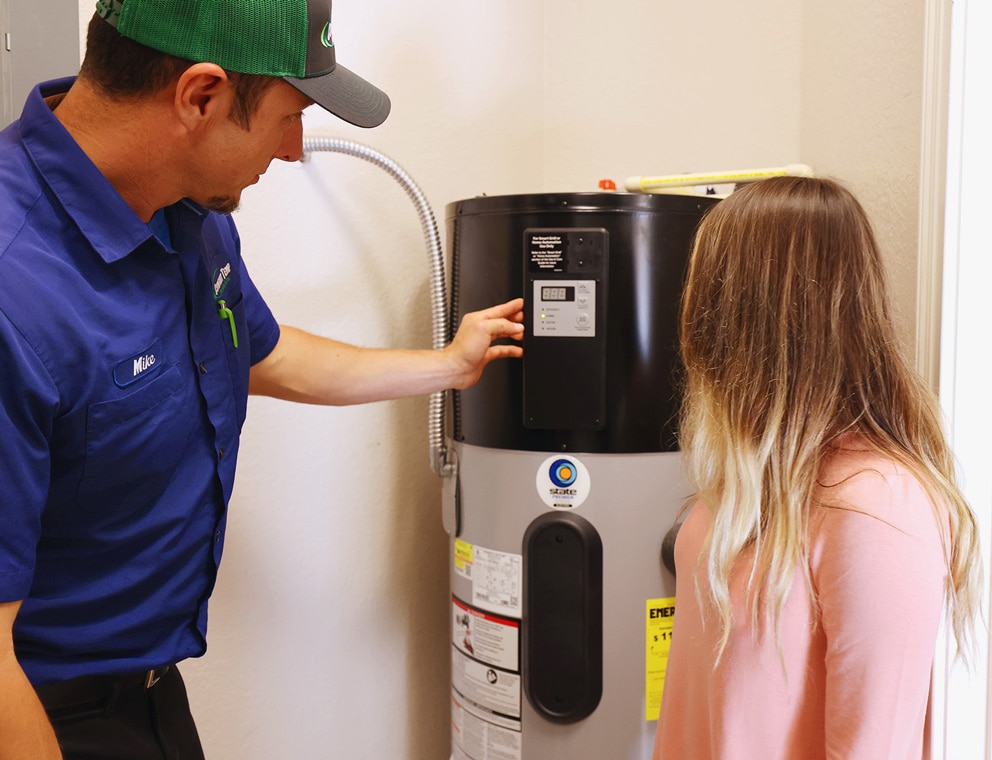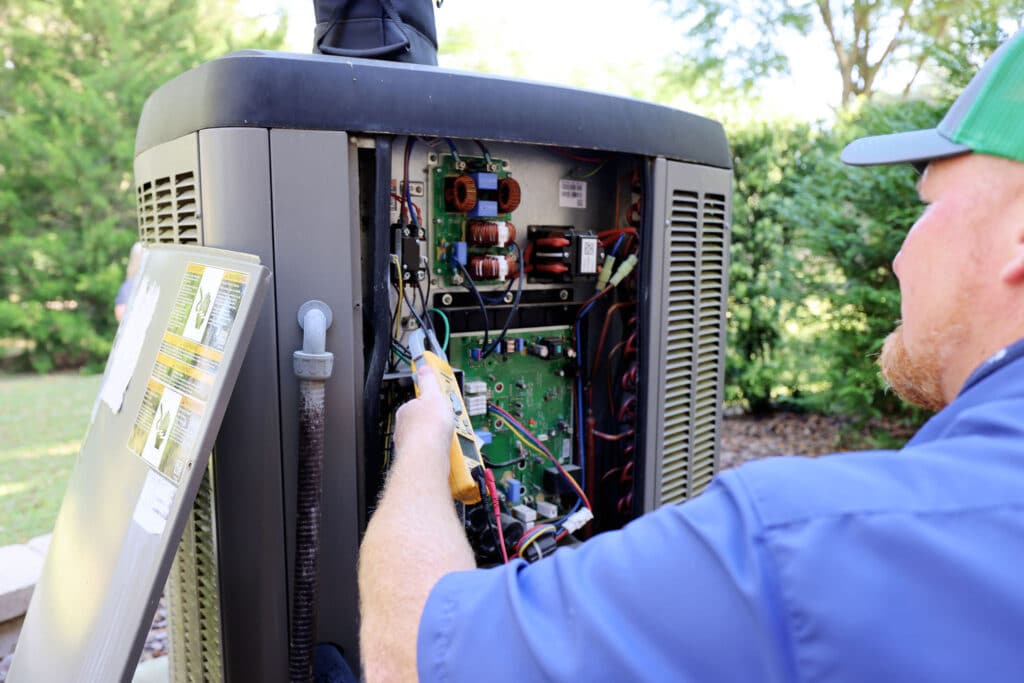Non-compliant furnaces are costly, both in terms of health and finances. It is crucial as a homeowner and business owner to stay up to date on furnace codes, but you may not know where to start. We are here to share our expertise, and we are one phone call away whenever you need us.
Checking if your furnace is up to code is a great first step when assessing your furnace’s health. Giving your heating system frequent check-ups lets your furnace last longer and helps you avoid the dangerous symptoms of an aging unit. Additionally, non-compliant furnaces can yield inconvenient, costly fines and have been linked to carbon monoxide poisoning. This article serves to walk residential and commercial furnace owners through the implications of the Florida Building Code (FBC) on their furnace installation and repair decisions.
What is the Florida Building Code?
The Florida Building Code is an addition to the International Building Code (IBC). The IBC established the minimum building requirements and is followed closely by other states. Florida’s hurricane-prone nature necessitates more extensive code standards. The ‘Heating and Cooling Equipment and Appliances’ chapter of the Florida Building Code covers furnaces. It serves to mandate energy conservation and ensure safety.
This section specifies requirements for furnaces in both residential and commercial spaces. Requirements differ depending on the type of furnace. One primary division is between oil-fired central furnaces and electric furnaces.
More precise requirements exist for subtypes of these major divisions. For example, vented floor furnaces must follow a variety of unique, location-based requirements — specifying distances from walls, wall corners, doors, and combustible objects such as draperies, that other furnace types are not subject to.
How Can I Check if My Furnace is Up to Code?
Reading the FBC differs largely depending on the build year of your furnace.
Older Furnaces: Good news for old furnace owners — you might not be subjected to match new changes to building codes, but you’re not completely off the hook. Did you know the Code governs repairs as well? It’s best practice to contact a professional HVAC technician before making repairs to such a vital part of your home.
Newer Furnaces: Newer furnaces are subject to stricter FBC standards.
The FBC is highly technical and changes every three years. Whether you’re a homeowner or business owner, contacting a professional HVAC technician is the best way to ensure your furnace is safe, up to code, and functioning in a way that meets your needs.
Contact the Professional HVAC Technicians at Comfort Temp to Bring Your Furnace Up to Code
Always keep your furnace regularly maintained, particularly before the winter. Don’t wait for the warning signs before calling a HVAC technician to check your furnace is following all relevant safety measures. The professional HVAC technicians at Comfort Temp have been making sure furnaces operate smoothly since 1985. That’s 15 years before the Florida Building Code was established! Call us today to schedule your appointment and rest assured that your furnace is up to code.


